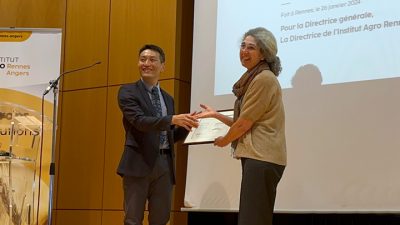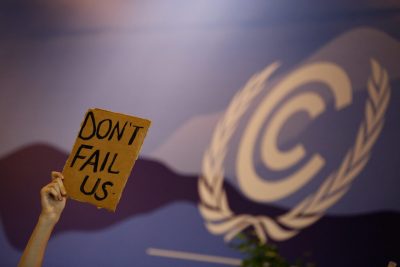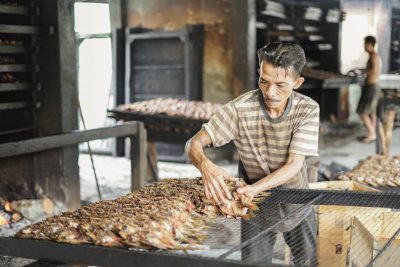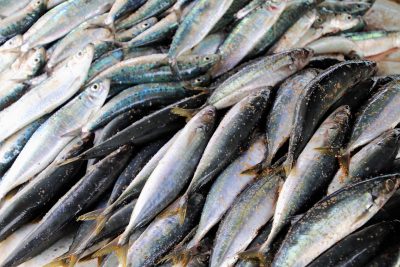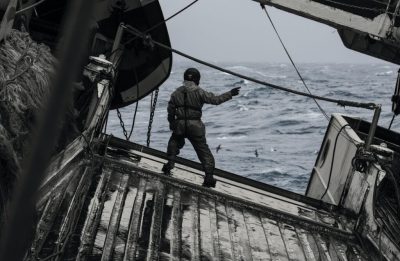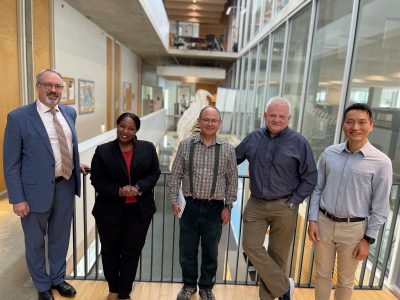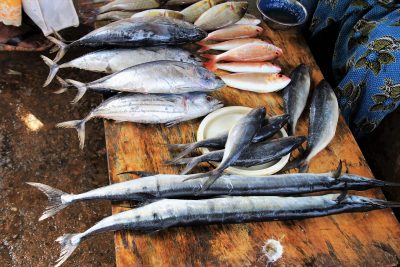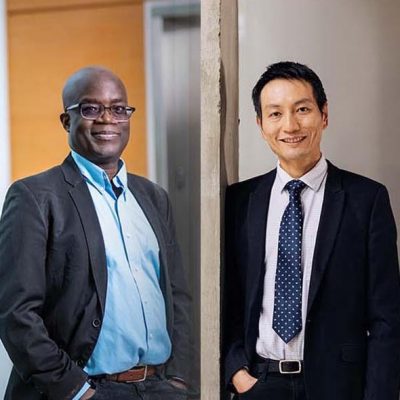Dr. William Cheung awarded Doctor Honoris Causa degree by Institut Agro
Dr. Cheung will receive this award on Friday, January 26, 2024, at which time he will also present an Open Lecture on the theme: “The future of fish and fisheries under climate change.”
UN climate conference should not be ‘business as usual’, say climate experts
Climate experts are looking for action on finance and renewable energy goals at the United Nations climate change conference, including the 28th Conference of Parties (COP).
Dr. William Cheung joins UBC’s delegation to COP28
Dr William Cheung will join UBC’s third annual delegation of students, faculty, and staff attending the 28th United Nations Climate Change Conference of the Parties in Dubai, United Arab Emirates, this November
Climate change will have an adverse impact on trophic amplification in marine food webs
Climate-driven changes in ocean environmental conditions — ocean warming, deoxygenation and acidification — are projected to affect the physiological functions of marine organisms, their geographic distributions, biological life cycles and total biomass.
Fish buffered from recent marine heatwaves, showing there’s still time to act on climate change
Fish were surprisingly resilient to marine heatwaves before 2019, highlighting the need to keep seas from warming further, according to new research.
IOF meets with U.S. Consulate General Vancouver
On August 25, 2023, members of the IOF community met with a delegation from the U.S. Consulate General Vancouver.
European fisheries under threat, climate change may impact on future catch
Without rapid adaptation or aggressive mitigation tactics, climate change is projected to induce profound negative consequences on future fisheries production in Europe.
Op-ed: To Prove its Climate and Biodiversity Ambitions the EU Must Protect the Ocean’s Carbon Engineers
An op-ed article by Drs. William Cheung and Rashid Sumaila regarding the UN Convention on Biological Diversity, or COP15, that is currently taking place opened in Montreal.
Kx Spotlight – Collaboration, the key to fighting climate change
With partnerships spanning across disciplines, sectors and borders, and with academics and non-academics (including Indigenous communities, NGOs, policy makers, businesses and media) collaboration is at the centre of their work.
